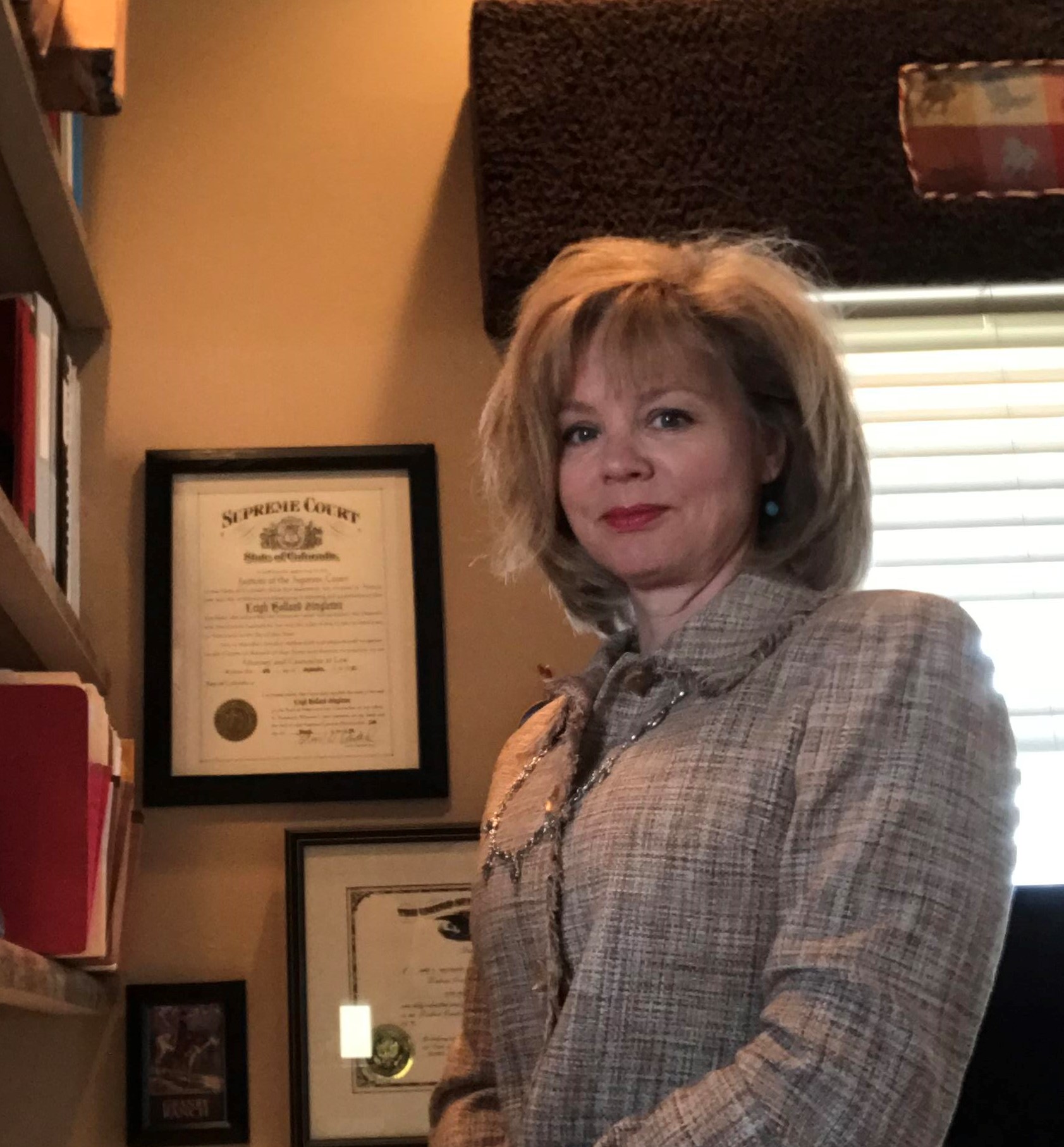Some information may be outdated.
Imagine you and your family have just bought your dream home. You saved for years and went without extravagant vacations to amass the down payment. After you closed on it, moved in all of your furniture and unpacked all of your worldly possessions, you learned troubling information from your new neighbors. The neighbors have just informed you that your home was a methamphetamine lab. To say the least, you are horribly upset and concerned about your family’s safety.
Unfortunately, this situation is too common. It can arise under many circumstances but often involves an unsuspecting landlord who rents property to a third party, especially where the landlord is absentee and lives off-site or even out of state. Maybe the neighbors complained about loud parties on the weekends or strangers coming and going at odd hours. But the landlord had no reason to believe that the tenant was cooking meth. When the tenant moves out and the landlord lists the property for sale, the landlord does not have knowledge about any methamphetamine lab and therefore, fails to disclose the same.
The new home buyer is told by neighbors about the illicit drug use that occurred at the home and their suspicions that the tenants were cooking methamphetamine. The new home buyer, after closing, has the house tested for methamphetamine based upon the neighbor’s comments. The test results come back positive. Under this scenario, what are the respective parties’ rights and obligations?
Utah has enacted the “Disclosure of Methamphetamine Contaminated Property Act.” This Act applies to commercial and residential properties. In Utah, where the seller has actual knowledge that the property is currently contaminated from the use, storage, or manufacture of methamphetamines, the seller/ lessor shall, in a real property lease, conveyance, or other transaction related to the contaminated property, disclose that the property is contaminated.
In previous cases that my office has defended, buyers brought claims for breach of contract, fraudulent misrepresentation, negligent misrepresentation, and/ or violation of state disclosure laws. Assuming the parties utilized a real estate professional, the Contract approved by the Utah Real Estate Commission should have been used to memorialize the terms of the sale. This state-approved Contract requires the Seller to provide the “Seller Property Condition Disclosure” and this is where methamphetamine contamination disclosure should be made to potential buyers. Because the duty to disclose contamination arises out of the contract, the seller should be able to have the tort claims dismissed based upon the “Economic Loss Rule.” Utah has expressly adopted the Economic Loss Rule. SME Indus., Inc. v. Thompson, Ventulett, Stainback & Associates, Inc., 2001 UT 54, ¶ 32, 28 P.3d 669.
Under the economic loss rule, a party suffering only economic loss from the breach of an express or implied contractual duty may not assert a tort claim for such a breach absent an independent duty of care under tort law. It can be argued that the Utah Real Estate Commission approved Contract contains a duty for the seller to disclose all actual knowledge of methamphetamine contamination and thus, no independent tort duty arises.
Assuming the Economic Loss Rule defeats all tort claims, the seller could focus on defending the breach of contract and statutory claims. The Utah Real Estate Commission approved Contract provides for an award of attorney fees to the prevailing party in the event of a dispute. Where the seller is successful in convincing a judge or jury that they had no actual knowledge of the contamination, they may recoup their attorney fees and costs in defending the claims. Sellers include individuals, financial institutions, companies, corporations, and other entities.
Should the buyer prevail, it may be awarded all attorney fees, costs and damages resulting from the seller’s failure to disclose the methamphetamine contamination under Utah Code § 57-27-201(3)(b).
If a seller has knowledge of methamphetamine contamination, the seller may follow state decontamination standards. Once the property satisfies decontamination standards adopted by the Department of Health under Section 26-51-201 and in accordance with other state laws, the seller is no longer required to disclose that the property was contaminated by the use, production, or presence of methamphetamine.
Moab is blessed with many competent real estate professionals who can assist buyers and sellers in transactions. It is interesting that in Utah, unlike many surrounding Western States, real estate professionals are shielded by statute from liability for a seller’s failure to disclose meth contamination (unless they own the property). Methamphetamine contamination tests are inexpensive and can save buyers a lot of heartache. Sellers should also consider having their property tested before leasing it or selling it when it has been occupied by tenants.
Ms. Singleton has practiced law for over 22 years, with an emphasis in commercial litigation and real estate. She is licensed in Utah and Colorado and maintains offices in Moab and Denver. Ms. Singleton can be reached at law@leighsingleton.org.
Appreciate the coverage? Help keep local news alive.
Chip in to support the Moab Sun News.



